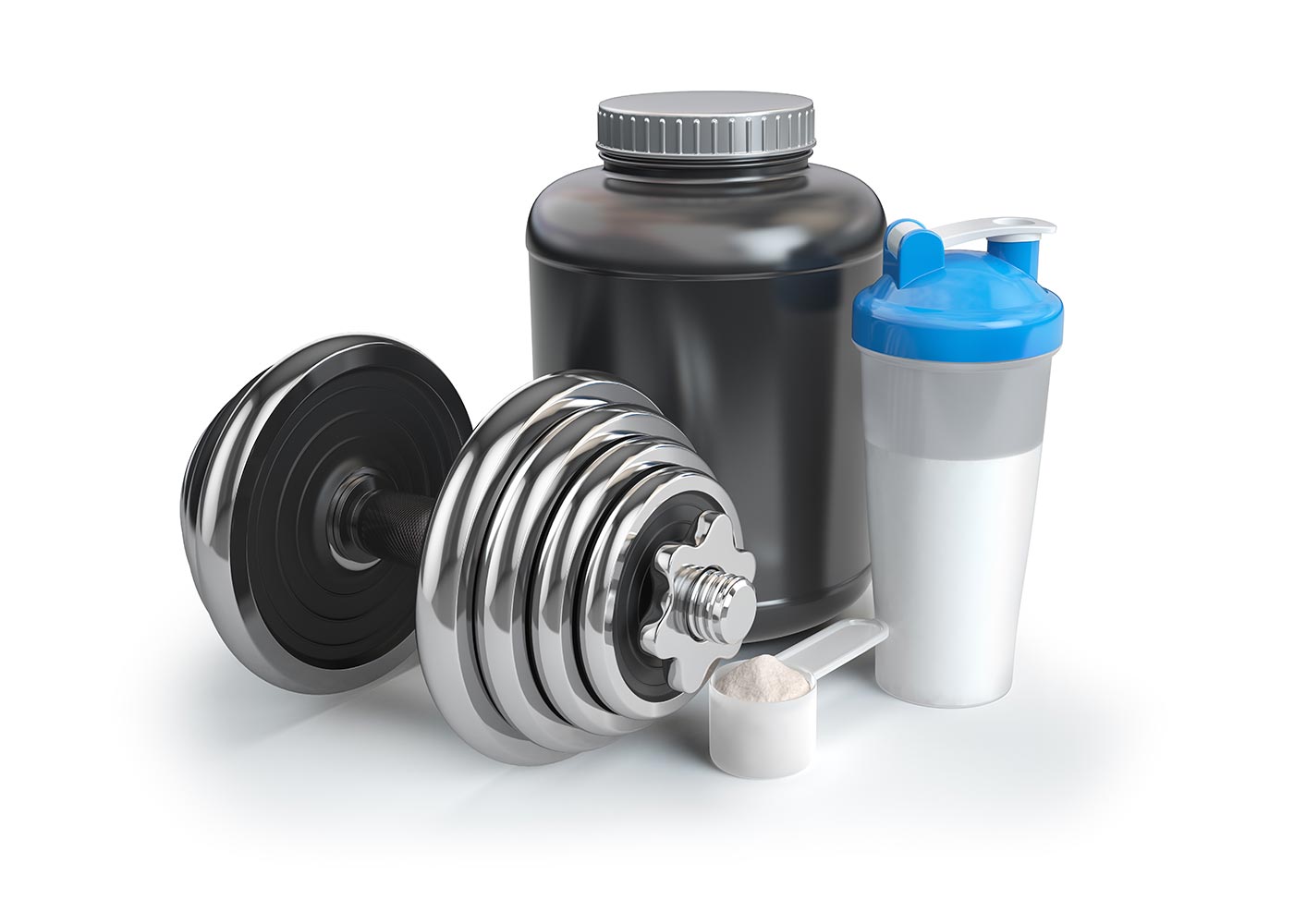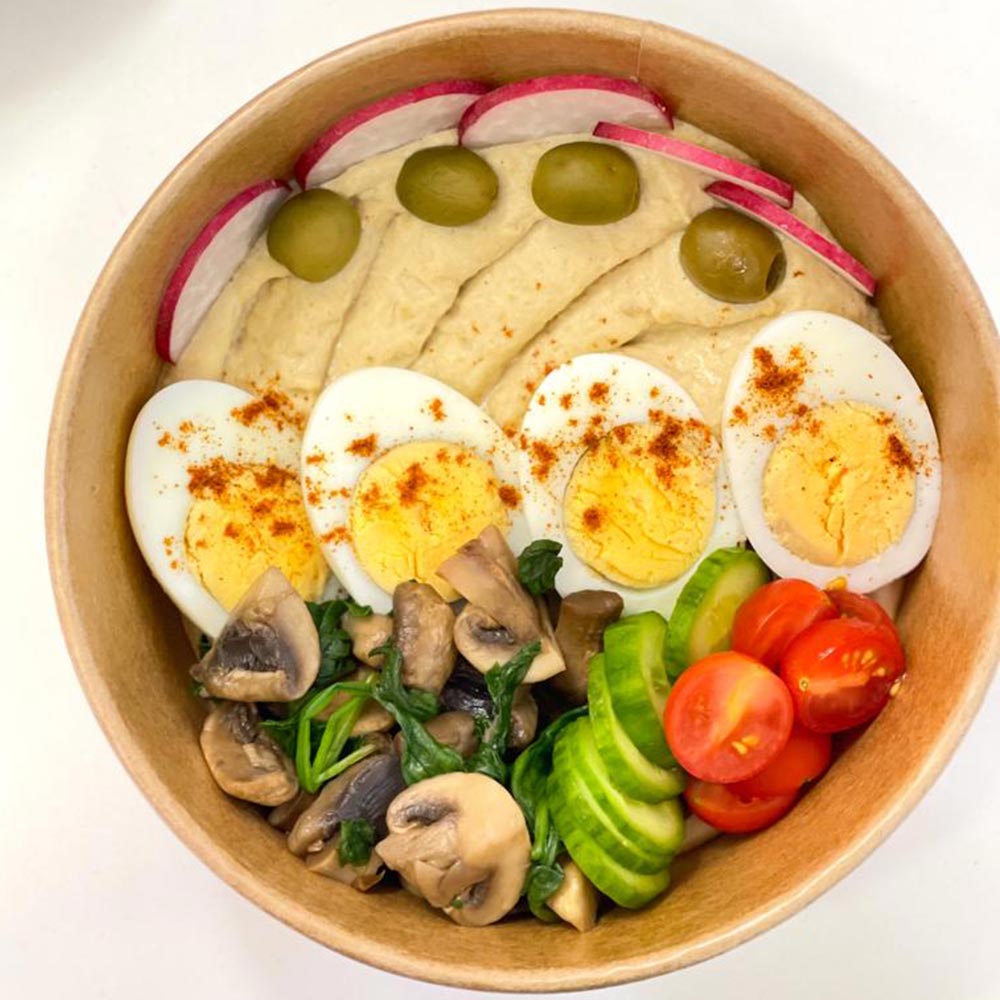Many individuals follow a vegan diet to
reduce weight and improve their health, however not all vegans lose weight.
Vegan is frequently associated with health. In actuality, vegans, like any
other omnivore, can follow a variety of good to harmful diets. Much of this is
due to the prevalence of processed vegan meals. Vegans can consume chips, cake,
cookies, drink, as well as fake meats and cheeses. It is not necessarily
healthy to be vegan.
On the positive side, if followed in a
healthy and sustainable manner, a vegan diet may undoubtedly assist in weight
reduction. When your meals are full of veggies, fruits, legumes, and whole
grains, a vegan diet may be a healthy way to eat. To avoid missing out on
important nutrients or eating mainly processed vegan foods, you'll need a
well-planned vegan diet. Here are 9 basic vegan eating ideas that are both easy
and healthful. These recommendations are a wonderful place to start if you're
just attempting to eat a more plant-based diet for improved health.
On a Vegan Meal Plan Dubai, how do you lose weight?
1. Keep caloric intake deficit
Weight loss is a straightforward notion.
You will lose weight if you expend more calories than you ingest (food and
beverages). It's much easier said than done.
Let's start with how we burn calories:
resting metabolic rate (calories burned just to keep alive, such as pumping
blood or generating new cells), non-exercise physical activity (standing,
strolling around the home, doing laundry, cleaning, etc. ), exercise, and
diet-induced thermogenesis (the energy it takes to digest the food we eat).
2. Concentrate on Fibre
Fibre is low in calories but high in
nutrients. Fibre is indigestible, which means it cannot be absorbed by our
bodies, and it is commonly regarded to aid irregular bowel motions. However, in
the form of bacteria that can digest fibre, we have billions of small helpers
in our colon.
3. Explore more about new plant-based proteins
This may seem obvious to vegans, but eating
more plant-based proteins is something that everyone can do to improve their
health. Animal protein sources, such as meat and cheese, are high in harmful
saturated fat. (Plus, there are several environmental reasons to avoid eating
animal products.) Vegan protein sources abound, including tofu, tempeh, edamame
(soybeans), lentils, chickpeas, and beans. Protein is also found in nuts such
as almonds and walnuts, as well as seeds such as sunflower and pumpkin seeds.
4. Drink More Water & Eat High-Water Meals
Drinking more water will help you avoid
liquid calories. Sodas, juices, energy/sports drinks, and alcohol are heavy in
empty calories and sweets, which might disrupt your metabolism. Eating foods
rich in water content, like fibre, boosts heft. Apples and oranges, for
example, contain around 85 percent water. Because they are low calorie but
hefty, you can eat a lot of them without eating a lot of calories.
High-water meals also take longer to chew
and consume, which signals to our bodies that we're full and, as a result,
controls our appetite.
5. Oils should be avoided
Oil is mostly made up of fat. It's devoid
of fibre (and most of the nutrients that are attached to fibre). One tablespoon
of olive oil has 120 calories, the majority of which are empty calories. Eliminating
oil is a simple method to cut calories. Simply substitute oil with water,
vegetable broth, balsamic vinegar, or soy sauce while cooking. The last three
also provide taste without adding calories like oil!
6. Sugar should be avoided
Sugar that has been refined is similar to
refined oil in that it is devoid of nutrients and high in empty calories. Sugar
is added to most packaged foods in some way. Look for additional sugars on the
nutrition label. Skip it if you see it.
To be clear, added sugar is not the same as
sugar that occurs naturally in the body. Fruits naturally contain sugar, which
should not be avoided. Take as much fruit as you like! It contains fibre, which
helps to prevent blood sugar increases. And, as we've seen, high-fibre meals
can help you lose weight!
7. Plan your meals
Morning calories are more likely to be
burnt off due to diet-induced thermogenesis (the energy required to digest
food). This is due to our bodies requiring energy in the morning to string
together glucose molecules from food into chains of glycogen to store in our
muscles for later usage throughout the day. The additional act of constructing
and dismantling glycogen consumes energy from the meal, leaving us with less
net calories.
8. Savour your meals and Eat Slowly
Slowing down our meal consumption enhances
satiety. Chew your meal completely, sip soup gently, and sip smoothies slowly.
When we eat too quickly, our bodies don't have enough time to communicate
signals indicating we're full, which can contribute to overeating. Take your
time and enjoy your food!
9. Concentrate on Fish-Free Omega-3s
Even if you consume a range of nutritious
vegan meals, some nutrients will be difficult to obtain. DHA and EPA are
omega-3 fatty acids that are essential for eye and brain development, as well
as heart health. Omega-3 fatty acids are found mostly in fatty fish such as
salmon, although the body may produce minor quantities from ALA, another kind
of omega-3 found in plants such as flaxseed, walnuts, canola oil, and soy. DHA
is currently added to a range of foods, including soymilk and breakfast bars.
Algae-derived DHA/EPA supplements are also available.
When hunger hits, having meals prepared in
the fridge or freezer within reach is preferable to giving in to desires and
ordering vegan take-out. Meal preparation saves a lot of time during the week.
Each week, set aside some time to plan your meals. You don't have to plan
everything you eat (unless you want to), but having just the key meals planned
and food bought will help take the worry out of eating healthy all week.






























